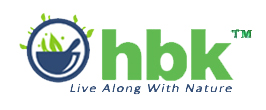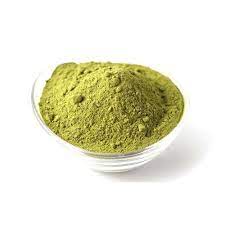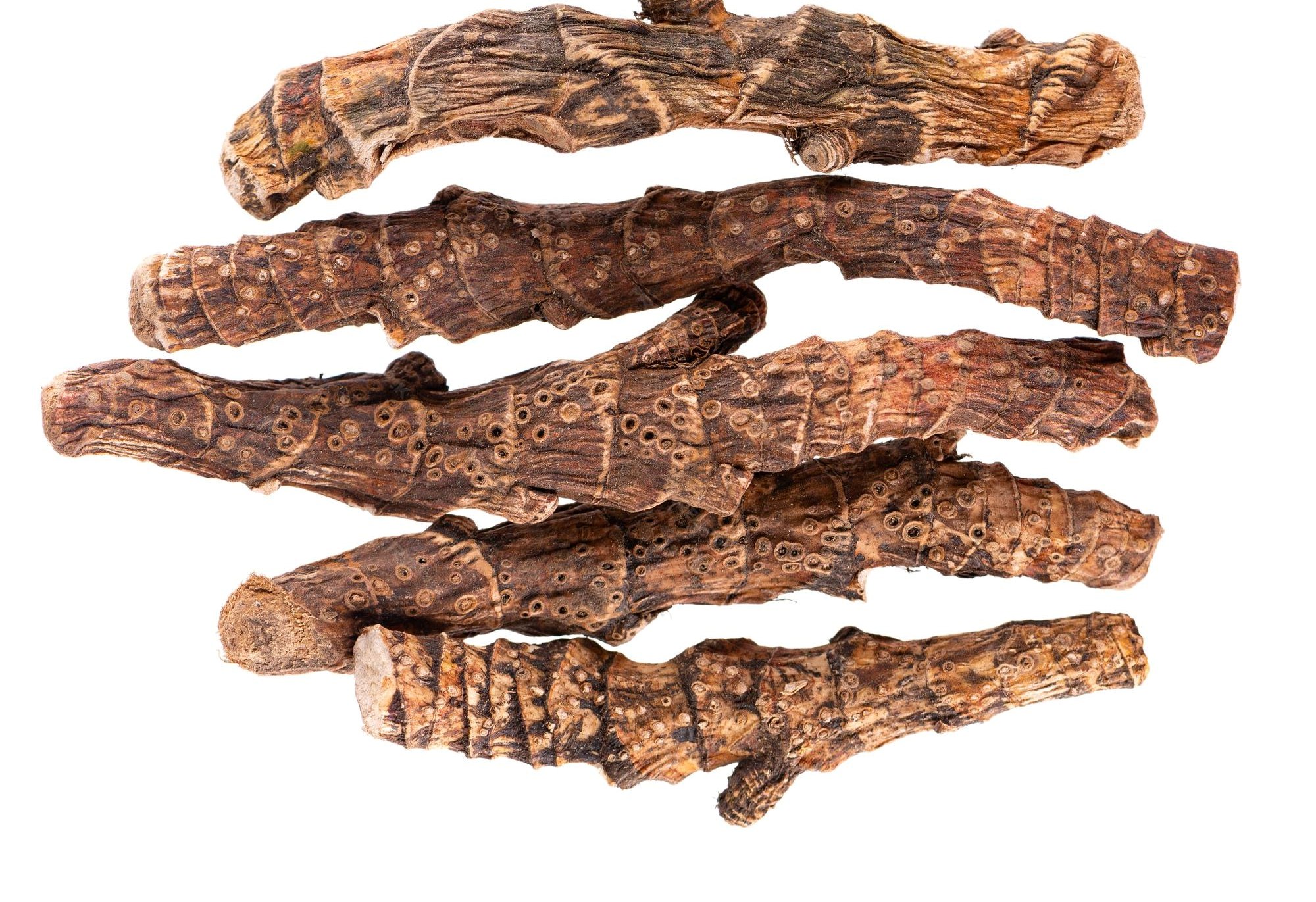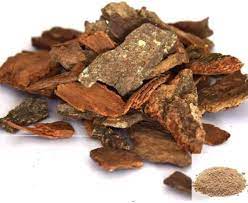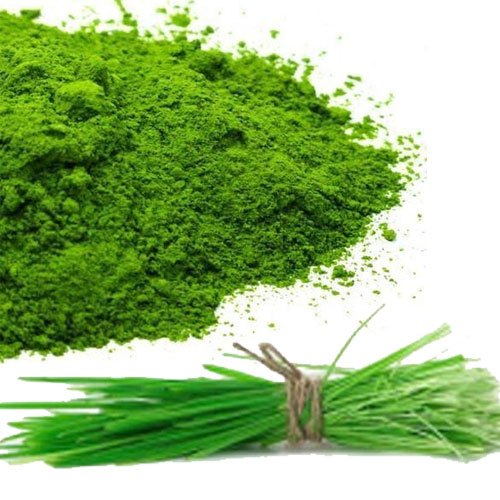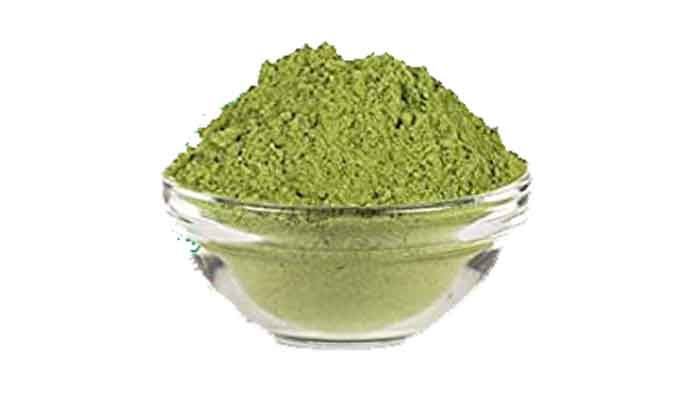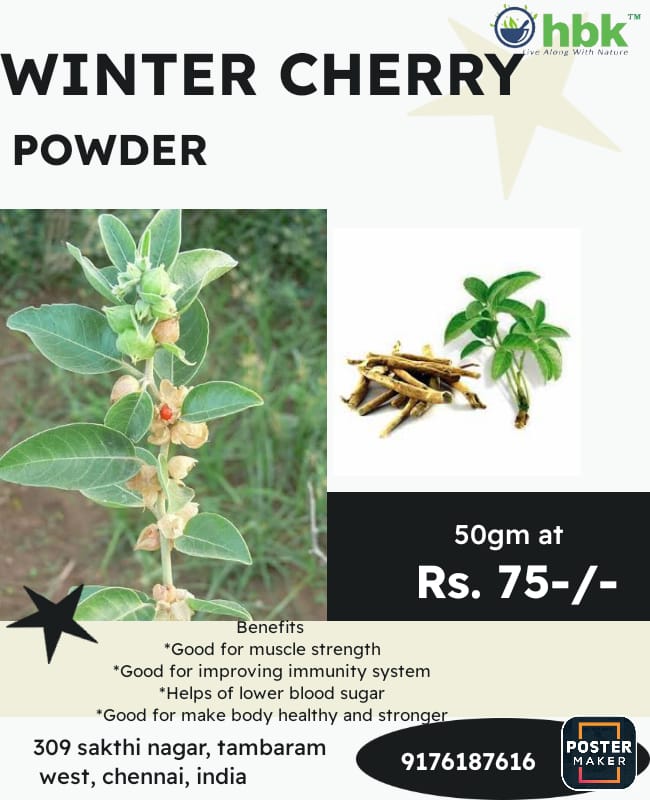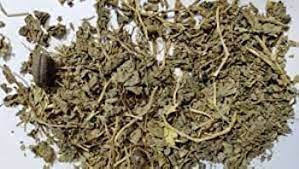Neem Twigs and Their Role in Reducing Oral Health Disparities

Introduction
Neem (Azadirachta indica) is a tree native to the Indian subcontinent, widely recognized for its medicinal properties. One of the traditional uses of neem is as a natural toothbrush, using its twigs for maintaining oral hygiene. This practice, prevalent in many rural and low-income areas, has been recognized for its potential to address oral health disparities.
Neem Twigs and Oral Health
Neem twigs, often referred to as "datun," are used by chewing the ends until they form bristles, which are then used to clean the teeth and gums. This natural toothbrush has several benefits:
-
Antibacterial Properties: Neem contains compounds like nimbidin, nimbin, and azadirachtin, which have potent antibacterial properties. These compounds help in reducing the bacterial load in the mouth, preventing infections and tooth decay.
-
Anti-inflammatory Effects: The anti-inflammatory properties of neem can help in reducing gum inflammation, a common problem that can lead to periodontal disease if left untreated.
-
Antifungal and Antiviral Actions: Neem also possesses antifungal and antiviral properties, providing comprehensive protection against a range of oral pathogens.
-
Plaque Control: Regular use of neem twigs can help in controlling plaque formation, thus reducing the risk of cavities and gum diseases.
Addressing Oral Health Disparities
Oral health disparities often stem from a lack of access to dental care and oral hygiene products, especially in low-income and rural communities. Neem twigs offer a cost-effective and accessible solution with several advantages:
-
Cost-Effective: Neem twigs are a low-cost alternative to commercial toothbrushes and toothpaste, making them accessible to economically disadvantaged populations.
-
Cultural Acceptance: In many cultures, particularly in South Asia and Africa, the use of neem twigs is a traditional practice, making it more acceptable and easier to adopt than modern oral hygiene products.
-
Environmental Benefits: Neem twigs are biodegradable and sustainable, unlike plastic toothbrushes that contribute to environmental pollution.
-
Health Education: Promoting the use of neem twigs can be part of broader health education initiatives, teaching communities about oral hygiene and preventive care.
Challenges and Considerations
While neem twigs offer significant benefits, there are challenges and considerations to be addressed:
-
Standardization and Quality Control: Ensuring the quality and consistency of neem twigs is crucial for their effectiveness. There is a need for standardization in the harvesting and preparation of these twigs.
-
Modern Acceptance: In urban areas and among younger populations, there might be resistance to adopting traditional practices. Efforts should be made to integrate neem twigs into modern oral care routines.
-
Scientific Validation: While traditional knowledge supports the use of neem twigs, more scientific research is needed to validate their efficacy and safety comprehensively.
-
Education and Training: Educating communities on the correct use of neem twigs and their benefits is essential for maximizing their potential in reducing oral health disparities.
Conclusion
Neem twigs offer a promising, natural solution for improving oral health, particularly in underserved communities. By leveraging their antibacterial, anti-inflammatory, and cost-effective properties, neem twigs can play a significant role in reducing oral health disparities. However, efforts must be made to ensure quality control, scientific validation, and community education to fully realize their potential.
Click here
